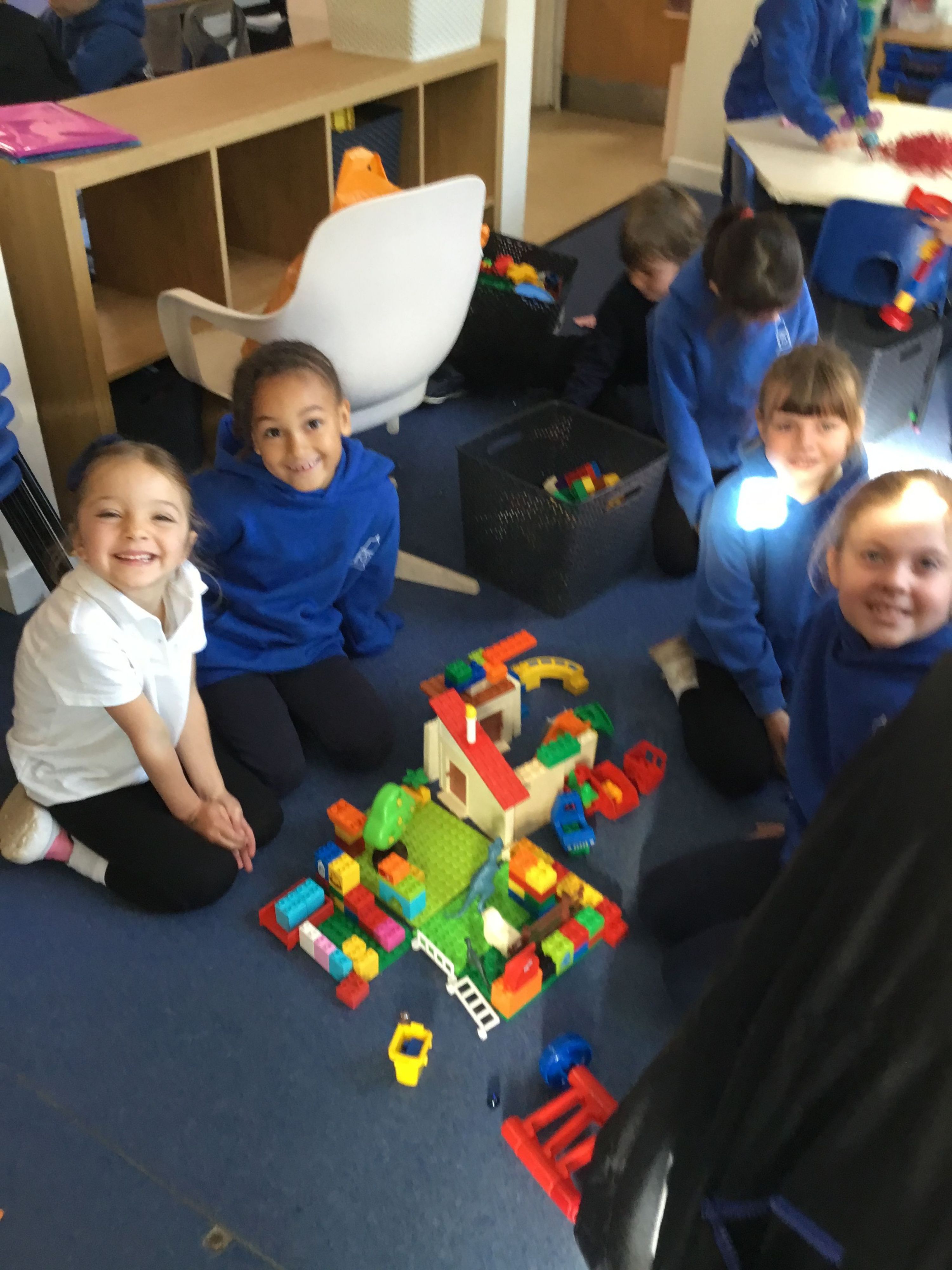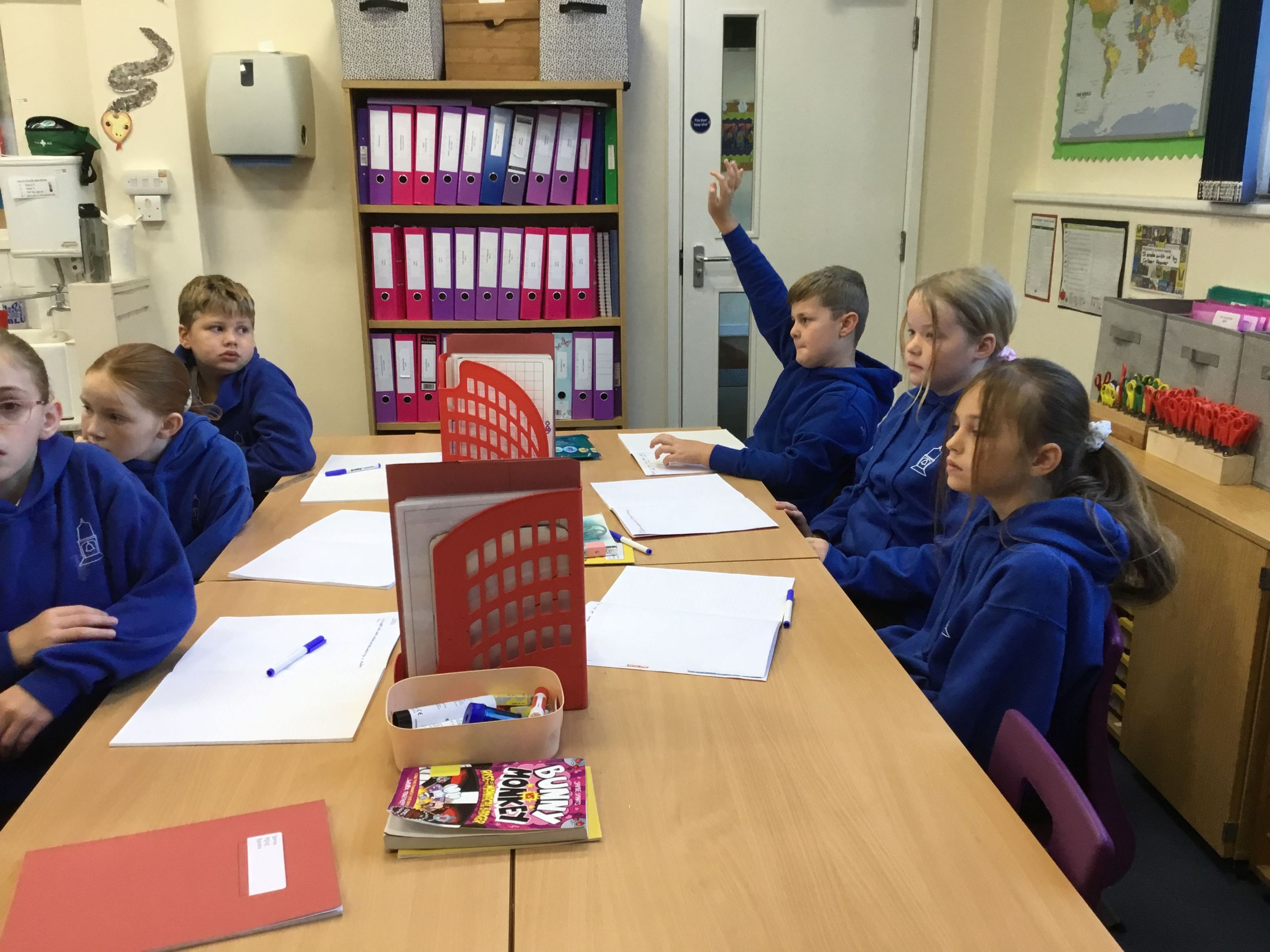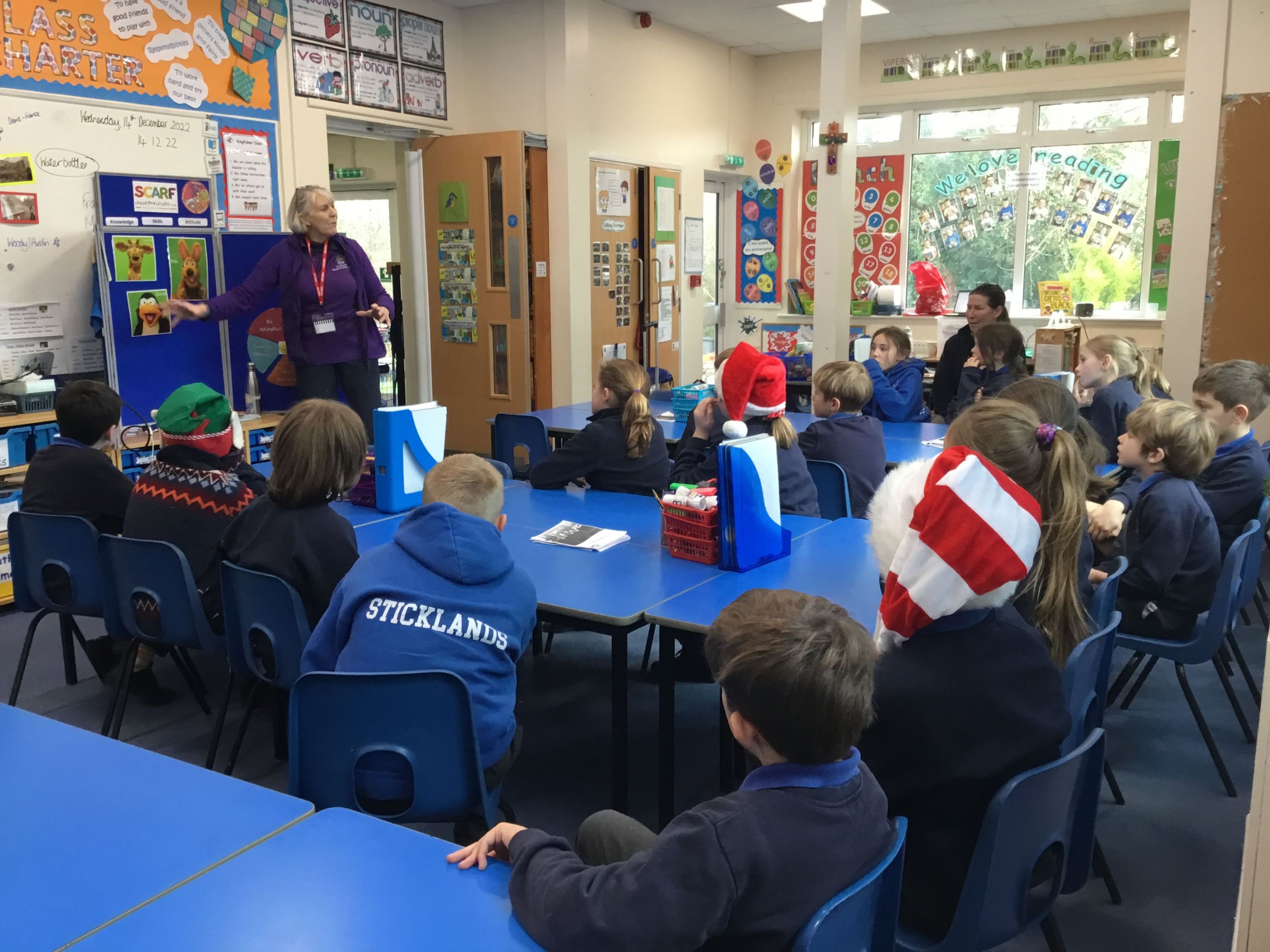PSHE and RSE
Please see the bottom of the page for guidance, policies and rolling programme
Being a Philosopher
Intent
RSE and PSHE underpins life at Stickland’s Primary School. At Stickland’s, we believe that nurturing happy and healthy children is central to all aspects of their learning and development. As a result of our curriculum, every child will be equipped with the knowledge and skills to make informed, healthy and moral life choices.
We want our pupils to leave Stickland’s as proud, confident, kind, and independent members of society, with an awareness of their rights and responsibilities as valuable individuals.
We use Kapow Primary to give children the knowledge, skills, and attitudes they need to effectively navigate the complexities of life in the 21st Century. The curriculum covers key areas which will support our children to make informed choices now and in the future around their health, safety, wellbeing, relationships, and financial matters and will support them in becoming confident individuals and active members of society.
Kapow Primary’s RSE/PSHE scheme of work covers the Relationships and Health Education statutory guidance (as set out by the Department for Education), including the non-statutory sex education. The scheme also promotes the four fundamental British values which reflect life in modern Britain: Democracy; Rule of Law; Respect & Tolerance and Individual Liberty.
Quality PSHE and RSE teaching is an important element in helping schools to carry out their duty of care with regards to safeguards. The DFE’s statutory ‘Keeping Children Safe in Education’ guidance states that ‘Governing bodies and proprietors should ensure that children are taught about safeguarding, including online safety. Schools should consider this as part of providing a broad and balanced curriculum.’
Implementation
At Stickland’s we offer a whole school approach which consists of five areas of learning:
- Family and relationships
- Health and wellbeing
- Safety and the changing body
- Citizenship
- Economic well being
Each area is revisited every year to allow children to build on prior learning and the lessons provide a progressive programme. Kapow Primary supports the requirements of the Equality Act through direct teaching, for example, learning about different families, the negative effect of stereotypes and celebrating differences, in addition to the inclusion of diverse teaching resources throughout the lessons. Sex education has been included in line with the DfE recommendations and is covered in Year 6 of our scheme.
A range of teaching and learning activities are used and are based on good practice in teaching RSE/PSHE education to ensure that all children can access learning and make progress. In each year group, an introductory lesson provides the opportunity for children and teachers to negotiate ground rules for the lessons. These introductory lessons can then be referred to throughout the year to help create a safe environment. All lessons include ideas for differentiation to stretch the most able learners and give additional support to those who need it. In many lessons, stories, scenarios, and video clips provide the opportunity for children to engage in real life and current topics in a safe and structured way. Role-play activities are also included to help children play out scenarios that they may find themselves in.
There are meaningful opportunities for cross-curricular learning, in particular with Computing for online safety and Science for growing, nutrition, teeth, diet and lifestyle. The scheme provides consistent messages throughout the age ranges including how and where to access help. We also recognise that RSE/ PSHE can be taught and applied through daily practices such as assemblies, school clubs, school events as well as break times and across other curriculum subjects.
Impact
Children at Stickland’s will foster well-being and develop resilience and character to be happy, successful and productive members of society. Pupils will have met the objectives set out within the Relationships and Health Education statutory guidance and will be able to utilise their learning within their daily lives, from dealing with friendship issues to making healthy choices and knowing where and how to get help when needed.
Each lesson within Kapow Primary’s scheme features assessment guidance, helping teachers to identify whether pupils have met, exceeded, or failed to meet the desired learning intentions for that lesson. Each unit of lessons comes with an Assessment quiz and Knowledge catcher. The quiz contains 10 questions, nine of which are multiple-choice and can be used either at the end of the unit or at both the start and the end to help measure progress and identify any gaps in learning. The Knowledge catchers list some of the lesson titles in mind-map or table format and are used at the start of a unit to see what the children already know and to inform planning, and then pupils can revisit the same version of the Knowledge catcher at the end of the unit to add what else they now know, further demonstrating their progression in learning.
Sex and Relationship Education
The idea of teaching sex and relationships education (SRE) to children as young as those in Key Stage 1 (5 – 7 year olds) may seem inappropriate and alarming to some parents. However, a deeper understanding of SRE can reduce concerns.
Why is this work so important?
• Our ability to make, maintain and perhaps even end healthy, positive and productive relationships is part of what makes us human and is fundamental to a caring and supportive society. Our relationships come in a wide variety of forms: colleagues, family, casual acquaintances, close friendships and eventually, sexual.
• Our children learn by looking at and listening to all the messages they experience. They are constantly trying to make sense of the world around them.
• In our society, children are confronted with sexual images in advertising and stories and messages about celebrity lifestyles and relationships in the media. Pornography is readily available on the internet.
• How many parents have found themselves saying, ‘I can’t believe my child asked/knew/thought that!’
• Using their natural curiosity combined with wonderful ‘child logic’, our young children often put together their own complex ideas about where babies come from. This understanding can be a mixture of correct, almost correct and completely incorrect ideas.
• Many children will also enter puberty whilst still at primary school and without suitable preparation from parents at home. This can be a confusing, embarrassing and even distressing time.
So what is the purpose of SRE in primary schools?
• A planned, progressive programme of SRE gradually and appropriately begins to prepare our children for adult life. It teaches the skills they need to fully manage the natural physical and emotional changes that will happen to them as they grow and mature into healthy, confident and responsible adults.
• SRE teaches the skills children need to develop positive healthy relationships. It supports their moral development, helping them to understand themselves and to respect and care for others.
Parents do have the right to withdraw their children from sex education lessons (but not from sex education that is part of the science curriculum) but few take this option.
But what exactly do children learn?
In reception and Key Stage 1 (4 - 7 years old)
• Children learn about their special people; friends and friendship; learning to recognise and react to different feelings and how to keep safe.
• They explore how we show love and express feelings in our relationships.
• They learn how we are all special and what makes us the same, what feelings we all share and what makes us different. They explore how we feel when our special people go away or even die.
• They learn about good and not so good promises and secrets and how to say “No!”, “Don’t”, “I’ll ask” and “I’ll tell”.
• They explore growing and changing in animals, plants and people and understand that growing and changing is a natural part of living.
In years 2 and 3 (6 - 7 years old)
• Children continue to explore growing and changing. Children learn to recognise and name main body parts. This helps children understand the differences between males and females and how they change as they get older.
• They bring in photographs of themselves as a baby, toddler and child and explore how they have grown and changed and what they can do now that they couldn’t do before.
• They explore the different stages of human development, understanding how some people’s needs and responsibilities stay the same whilst some change as they get older.
During Key Stage 2 (8 -11 years old)
• Children explore emotional changes and how to manage feelings towards themselves, their families and others in a positive way.
• They learn that we all go through physical and emotional changes but the age at which changes happen will depend on their own personal ‘body clock’.
• They learn that although people’s bodies may be ready to have/make babies, they as people are not ready in many other ways (emotionally, financially, and educationally) for a long time.
• Towards the end of their time in primary school children learn the process of conception and understand the importance of loving, stable relationships.
• Revisiting differences in reproductive system between boys and girls, they learn how they change during puberty.
• They learn that being able to talk sensibly and learn about this is an important part of growing up.


